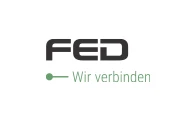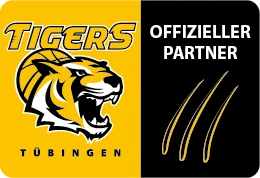Do you have any questions about our products or do you need support with service and spare parts? Our dedicated team will be happy to help you. Contact us for fast and professional help.
Contact person
Our experts are just a phone call or e-mail away. For specific enquiries, select your direct contact from our list. We guarantee expert advice and fast response times.
Matthias Fehrenbach
Management
Lukas Loeytved Hardegg
Project management
Elmar Hölz
Process management
Jürgen Gaißer
Construction management
Lars Iwers
Sales management
Contact form
Use our contact form for your enquiry. Simply fill in the required fields and one of our employees will get back to you as soon as possible. We look forward to helping you!














